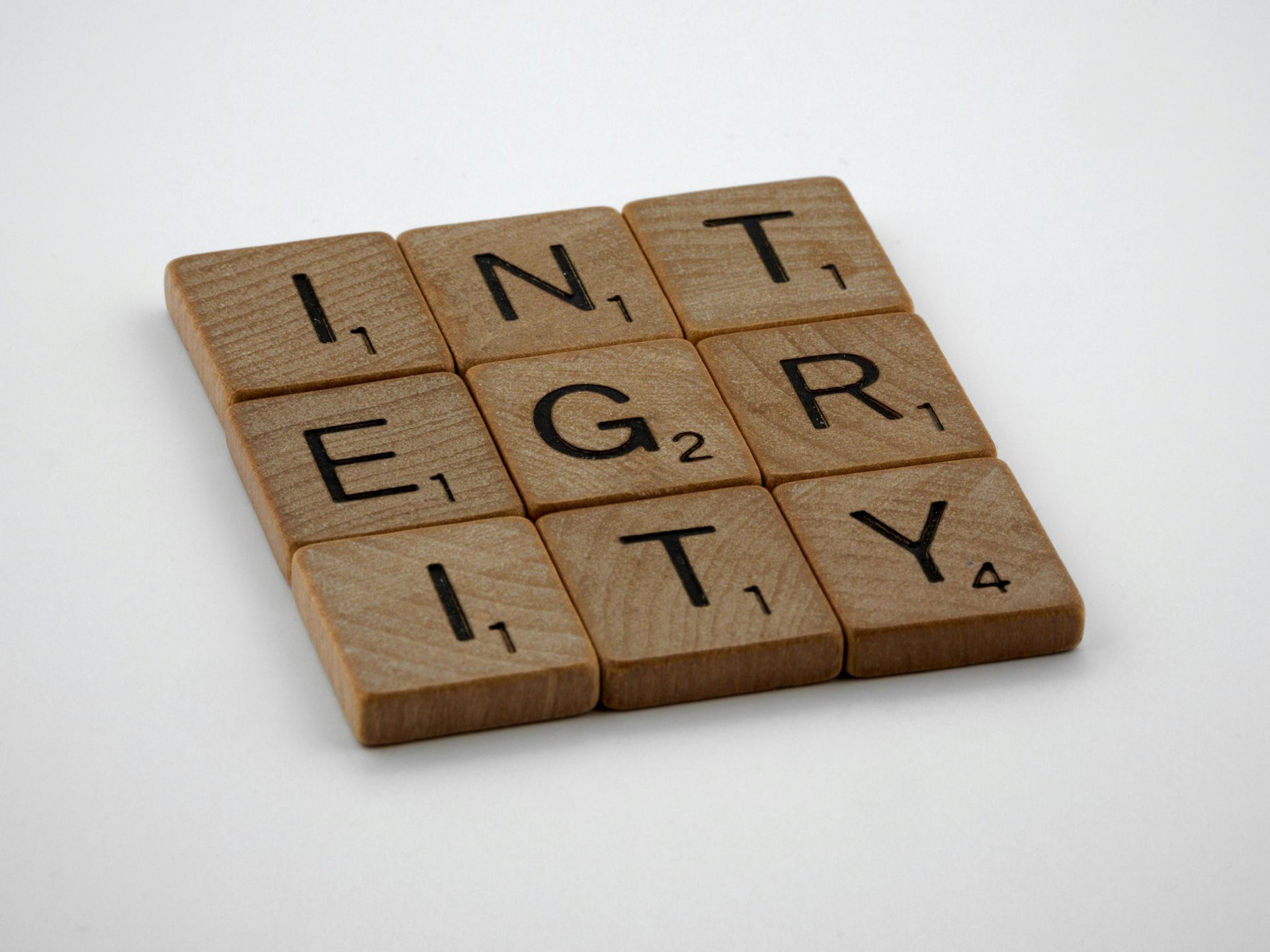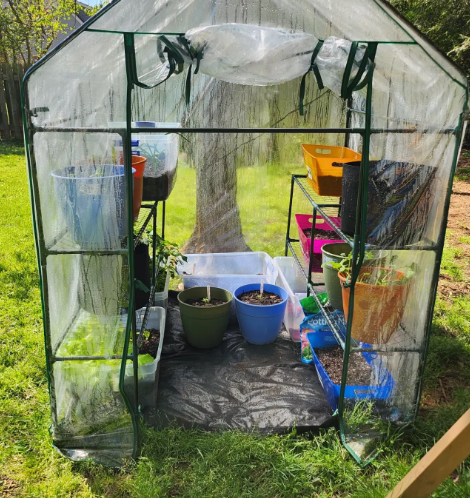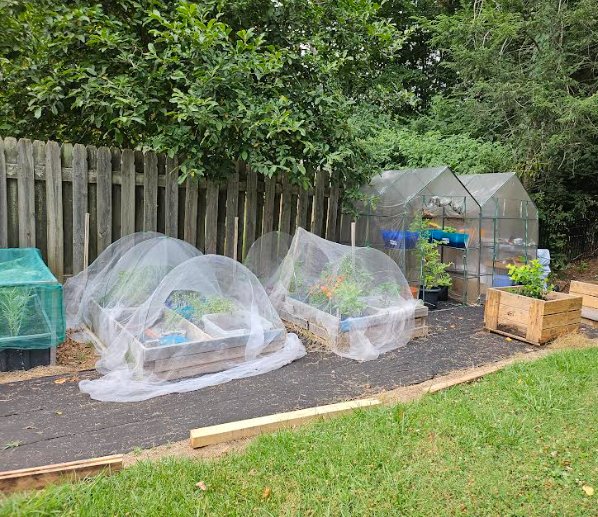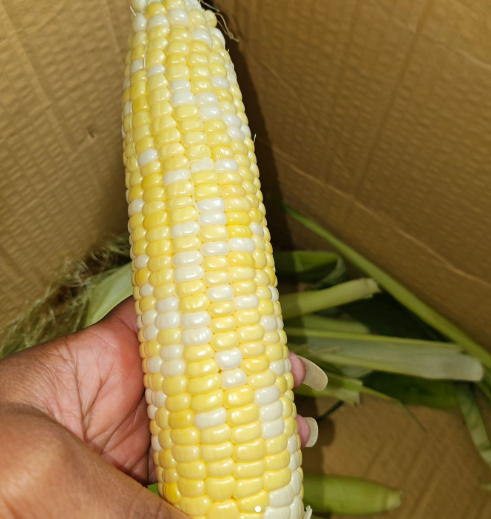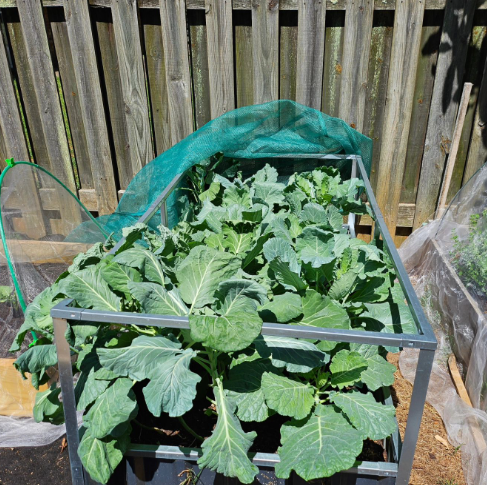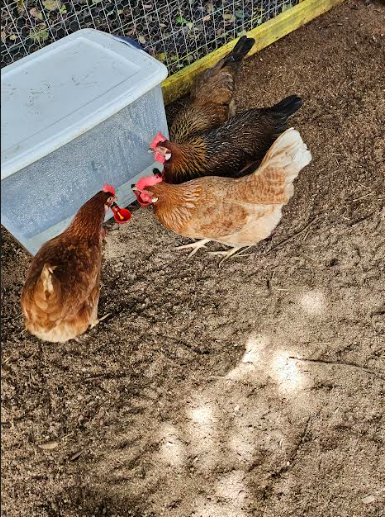How Grading and Gardening Aligns: Storytime...
The story of how I began my journey as a beginner gardener and how I became an advocate for equitable grading practices evolved very organically. These two worlds would eventually align and make up a great part of who I am today. A few years ago I was teaching at a different high school in our district and there was a big push for personalized learning. Our district instructional coaches came to the school periodically and showed teachers various ways we could personalize learning with our students. They showed us things such as choice boards, flexible learning environments including flexible seating, project based learning etc. This was the first time I was introduced to the work of Rick Wormeli, one of the educational assessment gurus in our field. I watched this video Rick Wormeli: Standards Based Grading where he discusses the controversial issue of teachers assigning zeros on the 100-pt scale. The 1st Seed of Equity was sown! From then on I was passionate about learning more about equitable grading practices.
I participated in a statewide Action Research project led by the North Carolina Department of Instruction where I explored what would happen if I took away the traditional % grades of students and replaced them with narrative feedback on assessments. From then on, I did not look back. I have been utilizing the standards based grading framework ever since, although my processes have changed over time, while reflecting on my practice over the years. The basic premise still stands, students receive feedback on formative and summative assessments, keep evidence of learning in a portfolio (digital or hard copy) , track progress daily on a Progress Tracker, receive Google Forms to reflect on their learning, and formally conference 1 on 1 with me at least 1x/quarter, usually at the end of the quarter. This is my process for making grading practices more equitable in my classroom. Depending on your discipline, your process may look different, but the foundation should always be grounded in making the learning and not chasing numbers the focal point. #focusonthelearning
Fast forward to today and here's where my passion for gardening grew roots just as deep as equitable grading practices. I now teach at an IB school and for the past couple of years I taught an IB MYP class called Personal Project. In this class, students choose a topic they are passionate about and complete a yearlong inquiry into learning about that topic and creating either a product or outcome based on it as well as a written report. One of my students chose to do his project on revitalizing our school's greenhouse. This greenhouse had been vacant for a little over ten years and actually was being used as storage for miscellaneous items such as football equipment throughout that time. As a Spanish teacher, I have little knowledge about greenhouses, but I'm pretty sure that football equipment would not appear on a list of approved items in a greenhouse! See here for the Parkland Greenhouse Revitalization Project photos and brief details of the project as of March 2024!
Because of how involved I was, and still am, in my student's project I now have progressed from having a couple small greenhouses in my backyard, to a few raised garden beds last year, to a few more this year and a few chickens! Here's a peek at what I've been up to!
From left to right: I started with one small greenhouse in my backyard. Then I transitioned to two small greenhouses with a few raised beds. This summer I grew corn and collards, and a host of other vegetables including parsley, bell peppers, oregano, onions, watermelon, lemon balm, kale, carrots, and more. Then we added some chickens to the family! Currently the garden is in the process of being cleared out and cleaned up.
I am a beginner so I welcome any tips especially when it comes to pest control! I've used Sevin dust in the past but my goal is to be an organic gardener.
As I reflect on this journey of how equitable grading practices and gardening aligned, I think about how as a teacher, we oftentimes are forced to think in terms of how effective we are for the students in our classrooms. Specifically, I'm thinking of our observation tools, but do we put as much effort into looking through the lens of our students? Do we put as much effort into the thought processes of how our students can positively impact our lives, whether professionally or personally? In my case, it was a personal project that a student created, that I'm sure he didn't set out to create to intentionally impact my life in such a profound way, but he did and for that I am grateful. Today, I challenge you think about how your students have positively impacted you and sown positive seeds in your life. I'd love to hear your stories.
Until next time...
May the seeds we plant today, whether in our classrooms or our gardens, grow into a future rooted in equity, understanding, and care. Keep nurturing, keep learning, and keep sowing with compassion. Rhonda Higgins
Embracing a Growth Mindset in Education
Working with teachers who hold fixed mindsets about equitable grading can be a daunting challenge. However, embracing a growth mindset opens the door to transformative change. By fostering open dialogue and encouraging collaboration, we can shift perspectives and create an environment where equitable practices thrive. I believe that with patience and persistence, we can inspire educators to embrace innovative approaches that benefit all learners. Together, we can pave the way for a more inclusive and effective educational landscape. My hope is that you will continue to grow with me.
Rhonda Higgins
Founder and Program Director
Future Linguists, LLC
IB MYP Coordinator & Spanish Teacher
